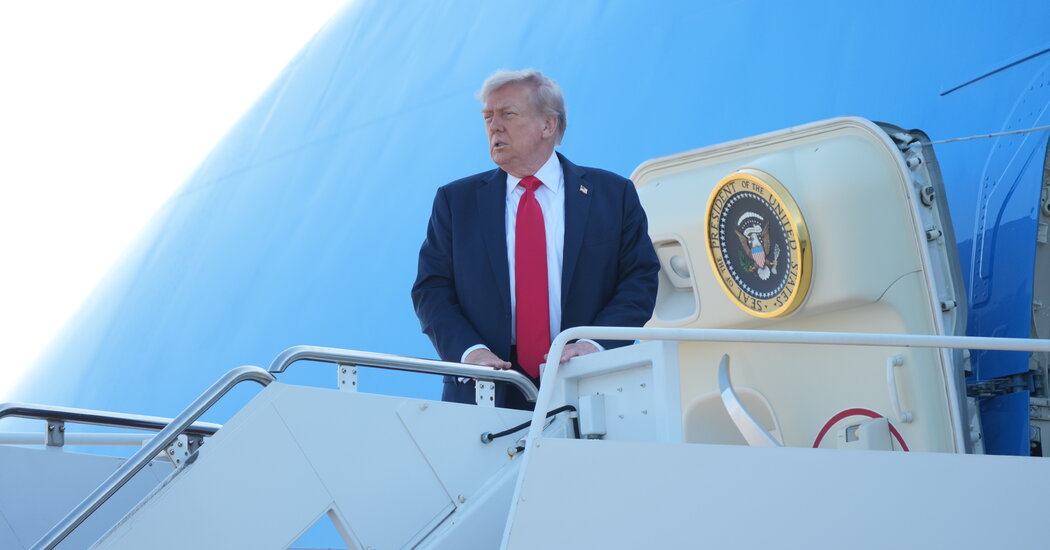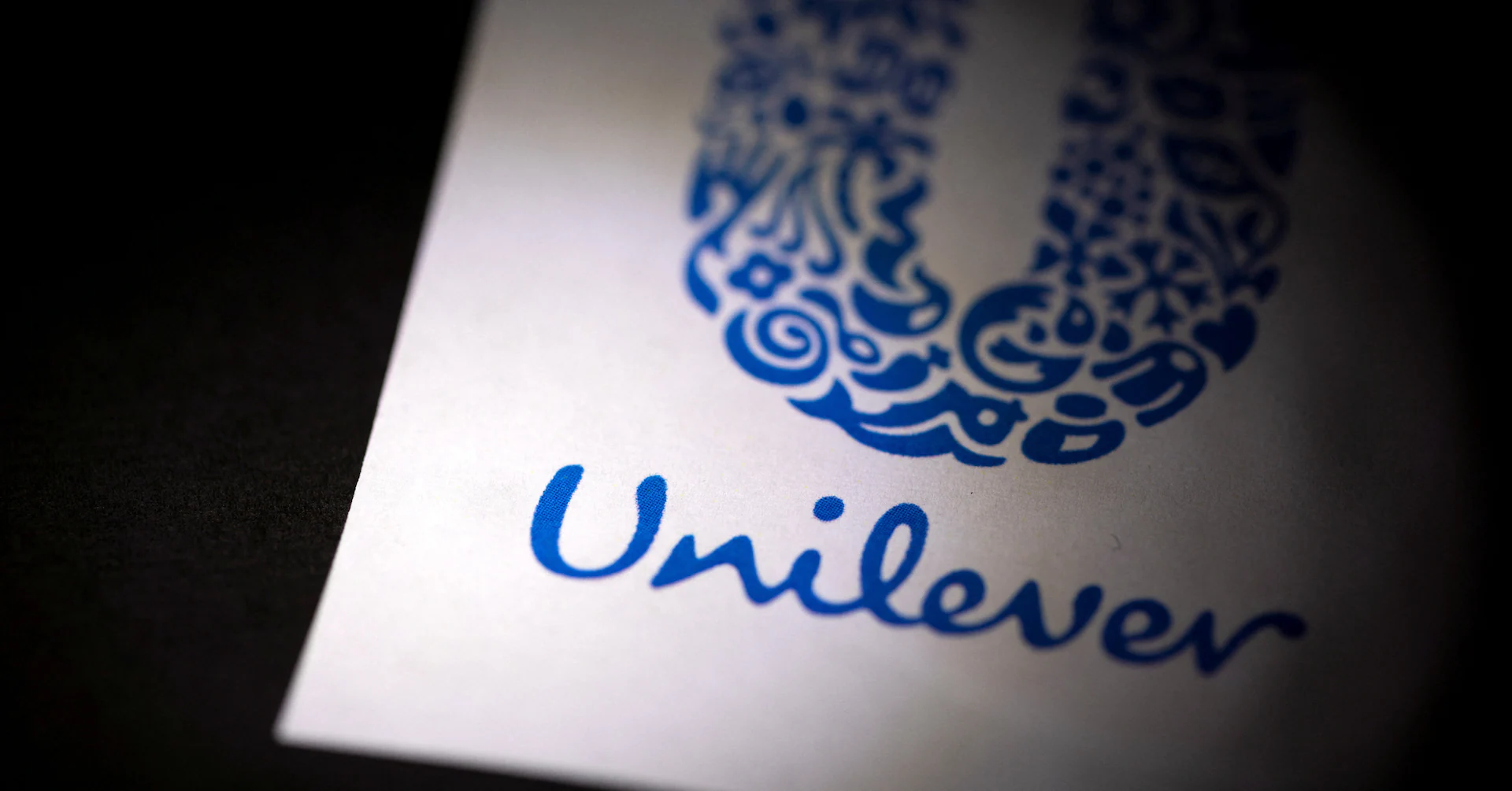Copyright The New York Times

Months after law firms made deals with President Trump to ward off punitive executive orders, the ethics committee of the District of Columbia Bar is warning that such arrangements may require firms to drop or obtain waivers from all clients who have interests at odds with the government. An opinion issued by the committee this week could bring new scrutiny to several prominent law firms that chose to strike deals with Mr. Trump instead of challenging his executive orders targeting them. Any lawyer or law firm that contemplates making a deal with a government that includes conditions that may limit or shape their practices, the opinion said, “must examine whether the arrangement would prevent the firm from providing conflict-free representation to clients — existing and new — who are adverse to the relevant government.” Even though the committee’s opinions are not legally binding, they are considered authoritative and are often cited in disciplinary proceedings brought by the office that prosecutes legal ethics violations, which is overseen by the District of Columbia Court of Appeals. Allegations of a conflict can also be important if a law firm is sued for malpractice. The opinion did not specifically mention Mr. Trump. But it indirectly referred to his administration’s pressure on law firms not to challenge his policies, citing a Justice Department memo issued in May that says the administration will treat any firm that represents a client in a dispute with any executive branch agency as having a conflict with the entire executive brach — not just that agency. An earlier draft of the ethics opinion, a copy of which was seen in recent months by some outside lawyers, explicitly discussed Mr. Trump’s deals with law firms, according to people who described it on the condition that they not be named. A member of the ethics committee, also speaking on the condition of anonymity to discuss sensitive internal matters, declined to comment on whether or why any specific references to the Trump deals had been removed, saying that the opinion spoke for itself. But the timing and context of the opinion left its associations with recent events clear. After returning to the White House in January, Mr. Trump began targeting law firms with orders stripping their lawyers of security clearances and barring the government from doing business with them or awarding contracts to their clients. He first singled out firms that had represented or employed people he does not like, and expanded the pressure campaign to other firms whose diversity programs he accused of having discriminatory hiring practices. Four targeted law firms filed lawsuits, and a series of federal judges in those cases have blocked Mr. Trump’s orders against specific firms as unconstitutional. But at least nine struck deals with him, agreeing to provide millions of dollars in free legal services to causes he favors. The exact details of the arrangements are murky. Mr. Trump announced them on social media, but it is not clear whether those are formal written deals that detail the scope of the obligations the firms have agreed to, as opposed to vague handshake agreements. At least two of those firms, Paul, Weiss, Rifkind, Wharton & Garrison and Kirkland & Ellis, are now working on a range of matters for the Commerce Department, The New York Times has reported. A personal lawyer to Mr. Trump has also connected a third, Skadden Arps, with the department about working on trade deals for the Trump administration. In the spring, a group of legal ethics professors filed a friend-of-the-court brief in the lawsuits by a firm challenging the order, Perkins Coie, flagging the “intractable ethical issues” raised by law firms that reach agreements with Mr. Trump. “A firm that can survive only by staying in the president’s good graces has incentives that conflict with its lawyers’ stringent fiduciary duties to remain loyal to the interests of their clients, exercise independent judgment, and be truthful and candid in all dealings with the courts,” it said. The brief also argued: “Lawyers who fail to fulfill their professional legal obligations to their clients and to the courts could be subject to bar disciplinary proceedings. They may potentially also be civilly liable to clients for breach of fiduciary duty if they accept a representation burdened by a conflict of interest.” The opinion by the D.C. Bar legal ethics committee was styled as forward-looking, offering considerations for firms that may be weighing a deal with a government. The opinion flagged three potential problems raised by deals with any government and rules of professional conduct. If such deals would require the law firm to take on certain clients or not to represent certain clients, it said, that could amount to improper restrictions on the lawyers’ right to practice or interfere with their professional independence. And if a firm that made a deal with the government and is trying to stay in the government’s good graces but also represents a client whose position is contrary to any of the government’s programs or policies, the deal would call into question whether the firm might pull its punches instead of zealously advocating its client’s interests, according to the opinion. To avoid an ethics problem, the opinion said, such a firm must drop the client, pull out of its agreement with the government or obtain a conflict-of-interest waiver from the client. But, the opinion also stated, to validly consent to such a waiver, the client must be fully informed of all the ways in which a firm’s deal with the government might create a conflict and the potential consequences. In what appeared to be a veiled reference to ambiguities around the Trump deals, the memo suggested full disclosure could be impossible if a firm itself does not know what actions on its part may elicit the government’s anger or if the government may abruptly and unilaterally change the commitments. “If a conflict is found to exist, obtaining a valid waiver may be difficult,” the opinion said. The brief by the legal ethics specialists in the spring also raised that issue, but more bluntly. Citing reports of early disagreements between leaders of firms that struck deals and Mr. Trump about what they were now obligated to do, the brief argued that it would be impossible for a firm to detail for its clients all the “reasonably foreseeable risks” to their attorney-client relationship. The “conflicts,” it added, “will likely be nonwaivable.”



